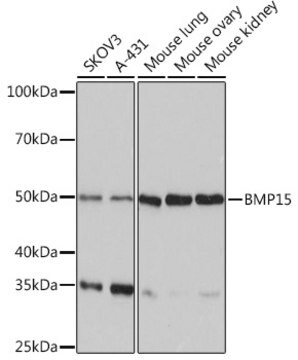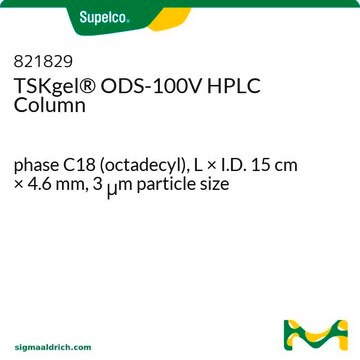90308
deGlycIT MicroSpin
deglycosylates up to 0.5 mg IgG, 5 columns
About This Item
Recommended Products
form
suspension
storage temp.
2-8°C
Looking for similar products? Visit Product Comparison Guide
General description
Application
Biochem/physiol Actions
Unit Definition
Analysis Note
signalword
Danger
hcodes
Hazard Classifications
Flam. Liq. 2
Storage Class
3 - Flammable liquids
wgk_germany
WGK 3
flash_point_f
57.2 °F - closed cup
flash_point_c
14.0 °C - closed cup
Choose from one of the most recent versions:
Certificates of Analysis (COA)
Don't see the Right Version?
If you require a particular version, you can look up a specific certificate by the Lot or Batch number.
Already Own This Product?
Find documentation for the products that you have recently purchased in the Document Library.
Active Filters
Our team of scientists has experience in all areas of research including Life Science, Material Science, Chemical Synthesis, Chromatography, Analytical and many others.
Contact Technical Service









